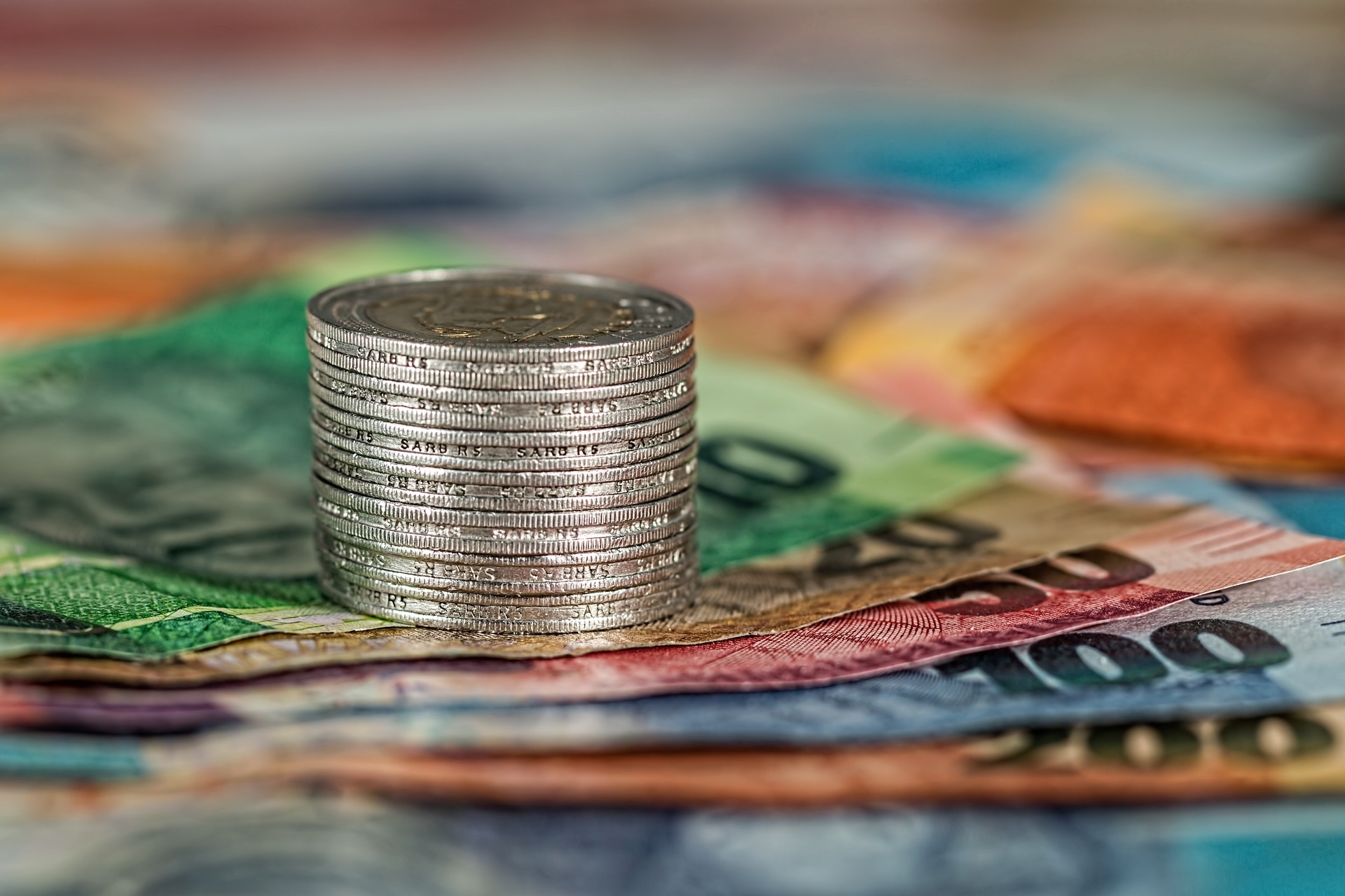The consequences of last week’s cabinet reshuffle is still being felt, as ratings agency Standard & Poor’s (S&P)Global announced that they were downgrading South Africa’s foreign currency rating to junk status or sub-investment grade last night.
Having been under S&P review for just over a year, the ratings agency who was only due to review South Africa following a visit in June, decided to divert from schedule and execute the downgrade. This following their concern that President Jacob Zuma has placed the country at risk and subsequently negatively affected fiscal growth and outcomes.
But what does this mean for you?
“The actions by the President in the early hours of last Friday were clearly not in the national interest. BASA and a number of other organisations warned that such reckless actions could lead to a ratings downgrade. This has, unfortunately, became reality to the detriment of the banking sector, small and medium businesses, corporates and everybody in SA,” stated Cas Coovadia, managing director of the Banking Association of South Africa.
1. Interest rate increase: In an already pressurised economic climate, “it will be the consumers who will pay the price for this because there is a risk that interest rates could rise significantly in the future, the economic growth rate will be more limited and taxpayers will have to pay for increased interest on government debt,” added Dr Pieter Groenewald, Freedom Front (FF) Plus leader.
2. Negative investor confidence: This sovereign downgrade will further lead to a steep erosion of already poor levels of investor confidence. “Negative investor confidence will directly undermine an economy already struggling to achieve the levels of growth needed to meaningfully create jobs or lift our population out of poverty,” Coovadia explained.
3. Slow recovery: To pile on the gloom, according to S&P’s ratings history it takes an average of 7-8 years for countries to regain investment grade status, added Phillip Pearce, dealer at TreasuryOne.
4. Influence: Another blow would be the knock on effect caused by S&P’s decision. This has already shown itself, as rival ratings agency, Moody’s, is subsequently rumoured to move their review decision up too.
“The ratings risk is not over just yet as there are comments that Moody’s may move up their decision from Friday to close of business today. Moody’s are considered as the most lenient of the three major ratings agencies, but their rating is vitally important for us to remain in certain global bond indices. Moody’s put South Africa on review for a downgrade late on Monday which points to an imminent downgrade, but we currently sit on BBB and would need a two-notch drop to be in junk status. What is concerning though is that we still have a negative outlook from S&P and Moody’s will likely keep the negative outlook as well, which means further downgrades are ahead of us,” Pearce added.
5. Decrease in social development: “This decision will inevitably leave fewer funds for social development, with a direct negative impact on the most vulnerable in our society,” Coovadia iterated.
6. Negative impact on the housing market and debt burden: The cost of credit will increase thanks to the downgrade, meaning it will be more difficult to get on the housing ladder as banks tighten up their lending criteria even more. It’s also unlikely that those already in debt or with a mortgage will get extra credit in the time of need. Financial institutions will need to hold more money in reserve, which will make it more difficult to obtain credit, and the credit that is granted will come at a higher cost. “Homeowners with high debt levels should brace themselves for interest rate increases. They will need to focus on reducing their short-term debt as soon as possible and consolidate long-term debt by increasing repayment installments to eat into the outstanding capital debt faster,” says Adrian Goslett, regional director and CEO of RE/MAX of Southern Africa.
The S&P decision also heightens the level of policy uncertainty which has hampered private fixed investment to date, highlighted Professor Raymond Parsons, NWU School of Business and Governance. “It will now be necessary to revisit current forecasts of SA’s future economic prospects to see to what extent they need to be modified in the light of S&P's decision and also to urgently assess what remedial action might minimize the negative economic outcomes.”
Further confidence in Zuma has also been lost as many feel that last week’s decisions was for self-gain. “Instead of acting in the best interests of the country and its people, Zuma chose to act in his own best interests by firing Gordhan and Jonas. The negative effects of this downgrade – which is likely not to be the last – will be felt by all South Africans,” added Mmusi Maimane leader of the Democratic Alliance.
“This crisis calls for all South Africans with national interest in mind to join forces to ensure good and accountable governance, with leadership that is informed by the interests of all South Africans, instead of a small group of greedy interests bent on self-enrichment at the expense of the most vulnerable,” Coovadia added.
The new Finance Minister is due to deliver a speech today, and his comment regarding the rating's downgrade will be keenly watched.

